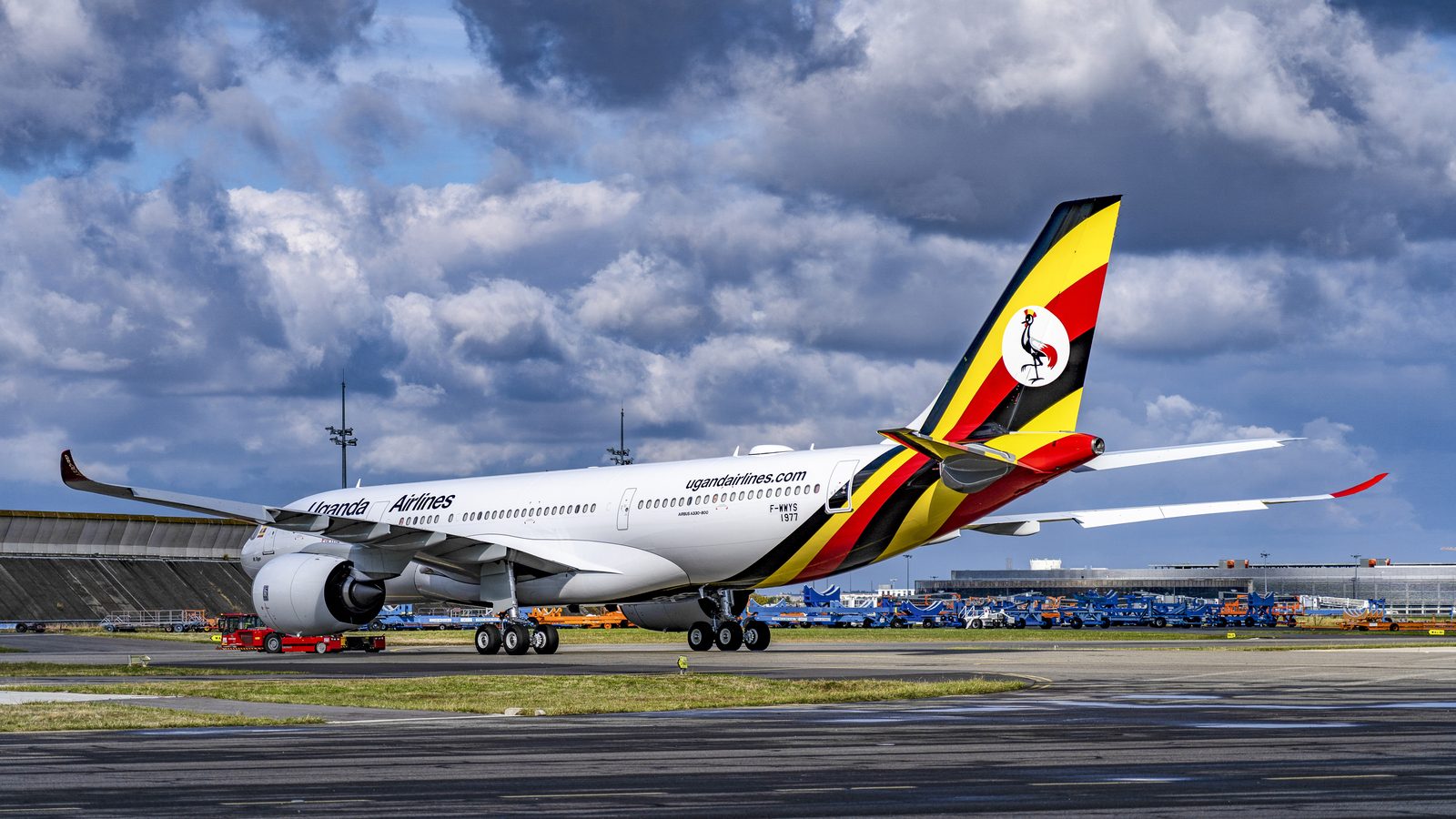Share
With the International Air Transport Association (IATA) predicting record sales of $1.007 trillion in 2025, the airline industry is rapidly rebounding globally.

IATA CEO Willie Walsh criticized Boeing and Airbus for operating as “quasi-monopolies” and for their supply chain delays, yet this recovery has occurred in spite of these obstacles.
Airlines’ attempts to increase operations, lower fuel costs, and deploy more efficient aircraft have been hampered by the bottlenecks.
Despite these challenges, international airlines are still on course to make a $36.6 billion profit by 2025 thanks to the industry’s continued demand for passengers after the pandemic.
The steady increase in passenger volume and the acceleration of infrastructural investments at Uganda’s Entebbe International Airport are reflections of this worldwide recovery.
The airport saw 183,728 foreign travelers in October 2024, up from 5,545 in October 2023, with an average of 5,926 per day.
The Uganda Civil Aviation Authority (CAA) is making these increases as part of larger initiatives to satisfy growing demand.
The development of the passenger terminal, which intends to raise yearly capacity from 3.6 million to 6 million passengers by 2033, is one of the continuing enhancements that CAA Director General Fred Bamwesigye emphasized as being crucial.
“We are concentrating on improving safety and security in Uganda’s aviation sector as well as growing and improving airport facilities as CAA, both as a regulator and an operator of airports,” Bamwesigye stated.
Entebbe’s upgrades put Uganda in a competitive position to rival regional hubs like Bole International Airport in Ethiopia, which serves 22 million people a year.
In October 2024, Entebbe processed 5,825 metric tonnes of imports and exports, demonstrating the growth of its cargo activities.
Obstacles to Come
Even with hope, environmental issues continue to be a major worry. Even with more efficient aircraft, the number of flights and people globally is increasing, which raises concerns about the sustainability of the industry.
Environmental activist Matt Finch cautioned that “if the number of planes in the sky increases, emissions will only continue to increase more and more.”
Nonetheless, Uganda’s expenditures in infrastructure and safety, along with the falling cost of jet fuel, offer a basis for long-term growth.
Entebbe International Airport is establishing itself as a significant force in the aviation industry in East Africa because to its updated terminal and strategic alliances with international airlines like Ethiopian Airlines, Emirates, and Qatar Airways.
This is in line with IATA’s hopeful predictions of record-breaking passenger volumes worldwide, paving the way for Uganda to profit from the aviation sector’s continuous revival.











